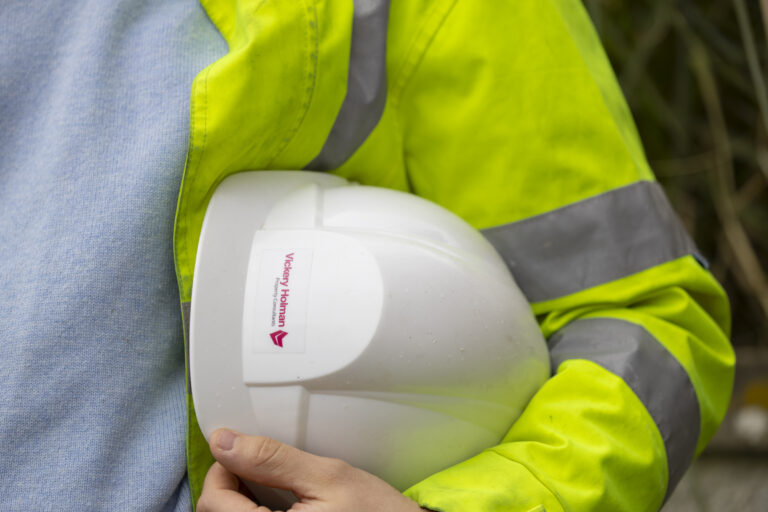Our healthcare valuation team was instructed by our client, a bank, to provide an RICS ‘Red Book’ valuation report and an opinion on the market value of a care home as an operational entity. This included considering its trading potential, freehold interest, inherent goodwill, and plant & machinery. Additionally, they also requested a valuation of the property assuming it would be extended and refurbished throughout.
This type of valuation, known as a ‘loan security valuation’, is typically conducted for banks and lenders to determine if the requested loan can be secured against the property’s value. Our client needed an opinion on the market value and commentary on the asset as security for their loan considerations. The property, a smaller trading care home located in a rural area, had limited comparable evidence of similar-sized trading homes.
Whilst there are different approaches to valuing a care home, depending on the purpose and perspective of the valuation. For this instruction we adopted the income approach and profits method, considering the trading potential of the freehold compared with similar properties on the open market. The first step was to assess the Fair Maintainable Turnover (FMT) that a Reasonably Efficient Operator (REO) could generate, along with the Fair Maintainable Operating Profit (FMOP).
FMOP represents the profit level before depreciation and finance costs related to the asset, which the REO would expect from the FMT. This assessment is based on the market’s perception of the property’s potential earnings, reflecting all costs and outgoings, and includes an appropriate annual allowance for periodic expenditures like decoration, refurbishment, and renewal of trade inventory.
The REO is a concept which is used in trade related property valuations, which includes carehomes as well as other trading properties, it assumes that the business is being run by a competent and efficient operator, rather than the current owner. The REO is expected to manage the business in a way that maximizes its trading potential, based on industry standards and best practices. The REO concept helps to estimate the Fair Maintainable Turnover (FMT) and Fair Maintainable Operating Profit (FMOP). These estimates are based on what a skilled operator could achieve, rather than the actual performance under the current ownership. This approach excludes personal goodwill and focuses on the property’s inherent potential. In essence, the REO concept ensures that the valuation reflects the true market value of the property as an operational entity, independent of the current owner’s personal circumstances, skills, or reputation.
After concluding our opinion of value, we provided our client with an RICS ‘Red Book’ valuation report. This included detailed commentary on the care home market, business operations, and comparisons with typical operations of this nature, along with our analysis of recent care home transactions across Cornwall and Devon. We also considered forecasted figures for the property once the proposed extension was built.
Our report enabled the bank to understand the associated risks with the asset, its location, and market, allowing them to make an informed decision before agreeing to lend.
Having advised our client that the property was suitable for secured lending purposes, in line with their lending policies for such properties, the borrower secured finance, enabling them to proceed with their future business plans.
Vickery Holman are highly experienced in the care home sector, and have the largest team of RICS Registered Valuers in the South West. Please talk to us about valuation of your commercial property or land.



